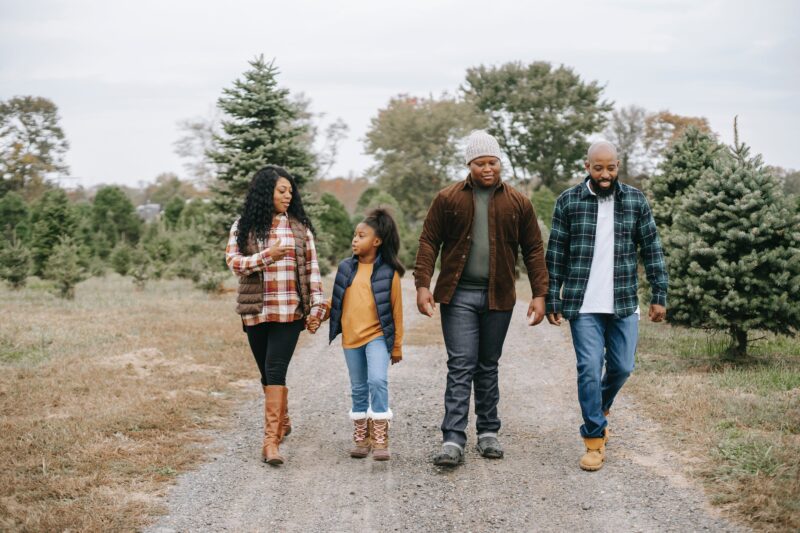Why Black Christmas Means Resistance
Share
Explore Our Galleries
Breaking News!
Today's news and culture by Black and other reporters in the Black and mainstream media.
Ways to Support ABHM?
By Nadira Jamerson, Word in Black

For many of us, Christmas is a time to exchange gifts, indulge in slices of sweet potato pie, and binge-watch movies like “This Christmas” and “Best Man Holiday” with family. But for Black Americans, spreading holiday cheer has also meant reflecting on the injustices in our society and actively working to do something about them.
Historically, Christmas was one of the only times when some enslaved Black folks were given time off from the grueling work of plantation life. In the 1830s, the large slaveholding states of Alabama, Louisiana, and Arkansas became the first in the United States to declare Christmas a state holiday.
As Solomon Northup wrote in his memoir “Twelve Years a Slave,” Christmas was “the time of feasting, and frolicking, and fiddling — the carnival season with the children of bondage. They are the only days when they are allowed a little restricted liberty, and heartily indeed do they enjoy it.”
During the holiday season, some enslaved Black folks used their “little restricted liberty” to resist the atrocities of slavery by enjoying rest that was otherwise seldom afforded to them, while some traveled to nearby relatives to strengthen family bonds that slaveholders worked tirelessly to break.
[…]
Today, resistance may look a little different — but it’s still a strong Black tradition. According to a joint study from the W.K. Kellogg Foundation and Rockefeller Philanthropy Advisors, nearly two-thirds of Black households donate to community-based organizations and causes, totaling roughly $11 billion each year.
Word in Black lists social justice organizations to support this holiday season.
See other examples of resistance in ABHM’s online exhibits.









Comments Are Welcome
Note: We moderate submissions in order to create a space for meaningful dialogue, a space where museum visitors – adults and youth –– can exchange informed, thoughtful, and relevant comments that add value to our exhibits.
Racial slurs, personal attacks, obscenity, profanity, and SHOUTING do not meet the above standard. Such comments are posted in the exhibit Hateful Speech. Commercial promotions, impersonations, and incoherent comments likewise fail to meet our goals, so will not be posted. Submissions longer than 120 words will be shortened.
See our full Comments Policy here.